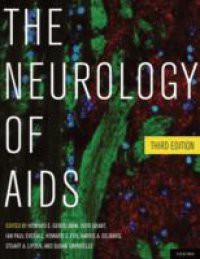Winner of the 2013 Manfred Lautenschlaeger Award for Theological Promise Michael Peppard examines the social and political meaning of divine sonship in the Roman Empire. He begins by analyzing the conceptual framework within which the term ''son of God'' has traditionally been considered in biblical scholarship. Then, through engagement with recent scholarship in Roman history - including studies of family relationships, imperial ideology, and emperor worship - he offers new ways of interpreting the Christian theological metaphors of ''begotten''and ''adoptive'' sonship. Peppard focuses on social practices and political ideology, revealing that scholarship on divine sonship has been especially hampered by mistaken assumptions about adopted sons. He invites fresh readings of several early Christian texts, from the first Gospel to writings of the fourth century. By re-interpreting several ancient phenomena - particularly divine status, adoption, and baptism - he offers an imaginative refiguring of the Son of God in the Roman world.















